In this blog post we will explore SOME relevant industries in Chemical Engineering. I will be writing further blog posts including even more industries!
This is good news for you guys! It means that there are plenty of jobs in those industries for you in several positions (entry level, junior, senior, etc…)
Here we go:
Bulk Chemicals
Bulk chemicals, as the name implies, talk about chemicals produced in massive scale. Those chemicals that will be used in extremely high quantities, for example: Acids for low pH medium process, Bases for neutralization, Petrochemicals, Precursors, Fuels, etc…
Top Chemicals Produced in the USA


Check out this playlist if you want to check out more on the Petrochemical Industry
Oil & Gas
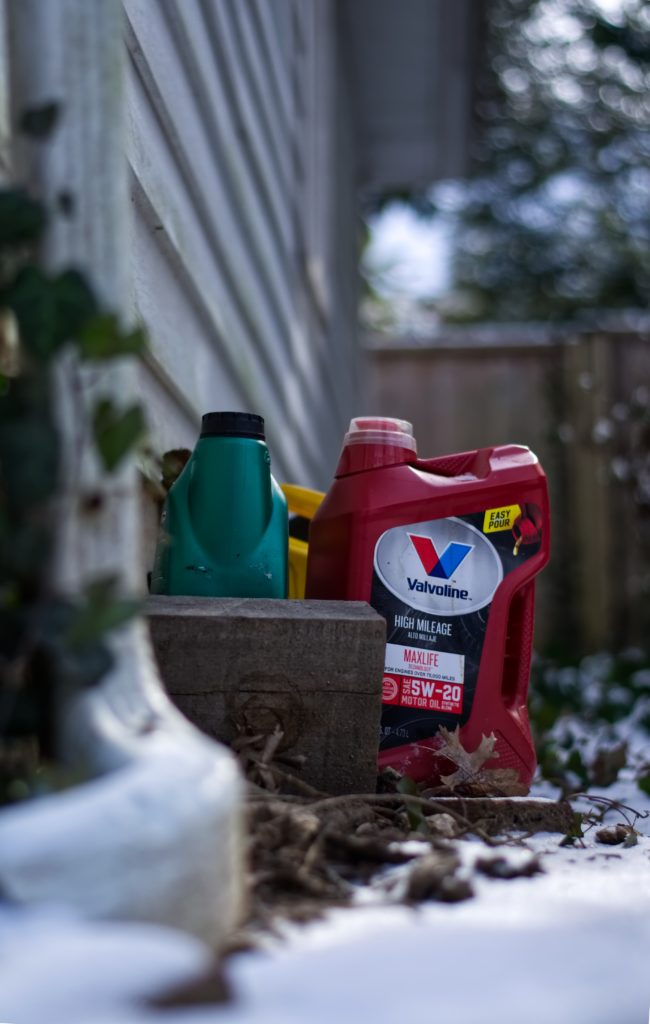
This is also a MONSTER in both: quantity of production + size of market.
Oil & Gas Industry relates petroleum and gas production. It is one of the backbones of our society, not only as a chemical feedstock provider for many other products, but also for energy purposes.
Common products:
- Fuels such as automotive gasoline, Jet fuels, Diesel, Fuel Oils and so on..
- Lubes & waxes
- Asphalts
- Plastics
If you are interested in the Oil & Gas Industry, check out this Bundle Course
Plastics
One of the industries that keeps increasing its output is the Plastic Industry.
Most of the raw material is from oil & gas (hence the importance of this industry).
The common applications that will be using plastics are:
- Packaging
- Building & Construction
- Textiles
- Consumer Products
- Transport
- Electric/Electronics


There are plenty of plastics and polymers worldwide, but the most produced are shown next:
- Polyethylene terephthalate (PETE or PET): PET is the most widely produced plastic in the world. …
- Polyethylene (PE)
- Polyvinyl Chloride (PVC)
- Polypropylene (PP)
- Polystyrene (PS)
- Polylactic Acid (PLA)
- Polycarbonate (PC)
- Acrylic (PMMA)
This graph shows the continuous growth of the industry which means good news for Engineers!

Fine Chemistry
- Pharma
- Dyes
- Agrochemicals
- Food Industry Chemical
- Catalyst
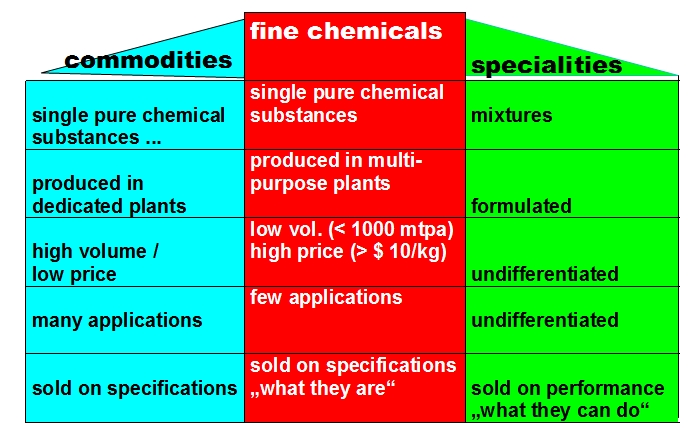
Learn more on Fine Chemicals
The definition is of course short, but you get the idea…
Try to guess what fine chemical you have access to in your daily life…
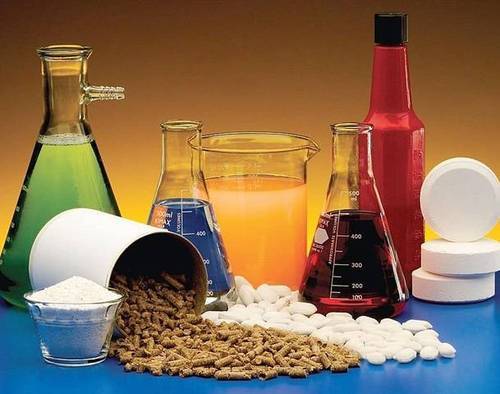
Building & Construction

Probably you are wondering “Construction” nonsense, I’m not a Civil Engineer… Chemical Engineers do NOT build stuff!
And you are half correct and half incorrect. All those materials are CHEMICALS and they were treated with even more CHEMICALS.
Here are two main examples:
Steel rods:
These are produced from STEEL! Yeah, and it is obtained from Iron and Carbon + mixture of other materials.
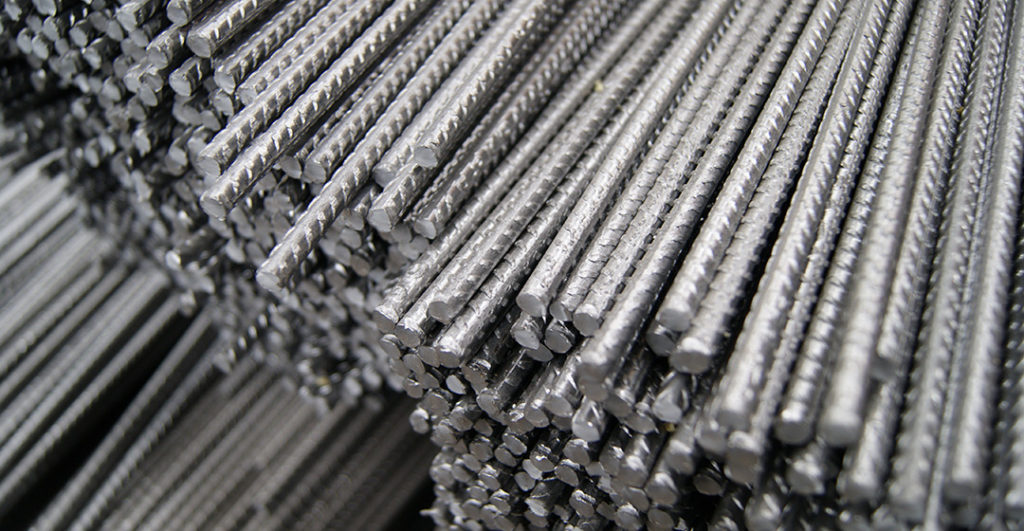
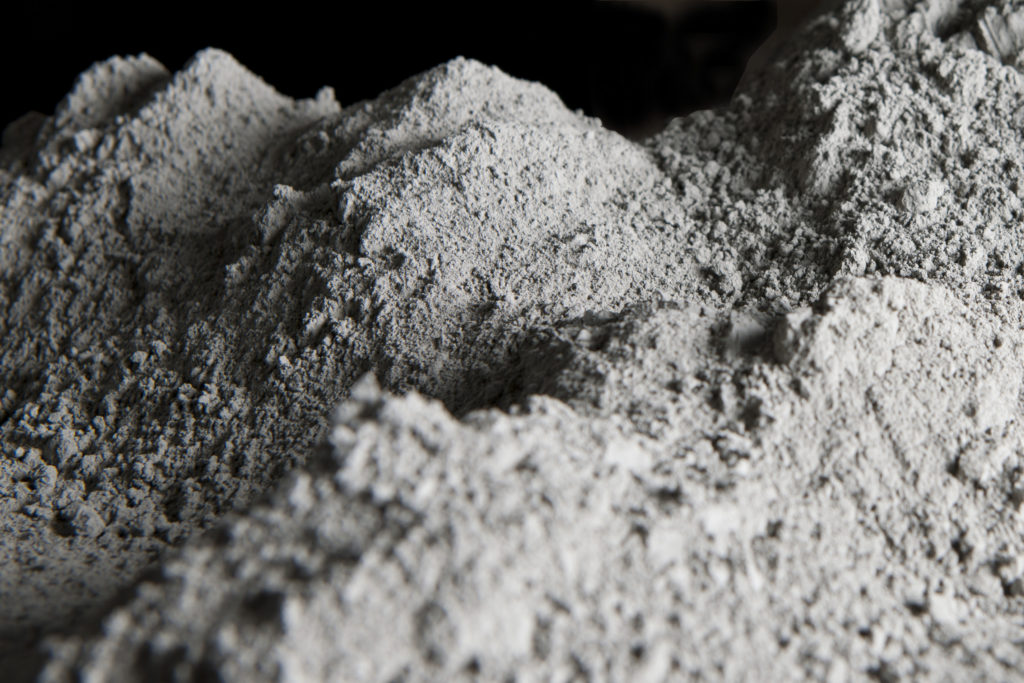
Cement
This magic “paste” is one of the main materials used in construction of roads, bridges, buildings and dams!
The nature of this product is easy:
CaCO3 + heat –> CaO + CO2
As you can see, the very basic concept is CO2 production (unfortunately) so there is plenty to do in the Building & Construction industry as a Chemical Engineer!
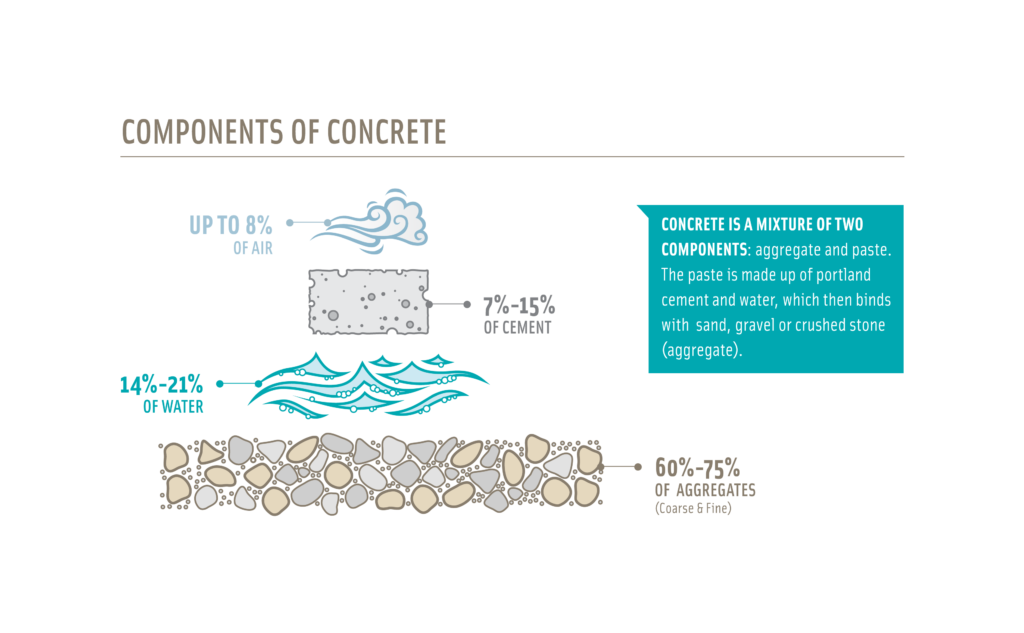
Those are some industries… I didn’t want to overwhelm you with facts & data, just a quick read… What do you think?
I will consider making more blog posts on other types of industries!
If you you are interested in any specific industry, please let me know in the comment section down below!

